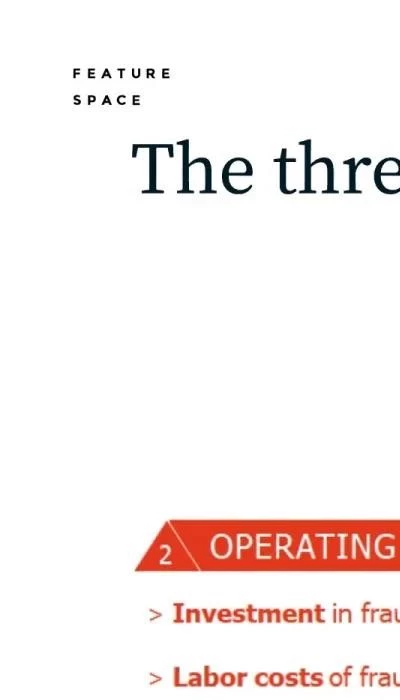
Hello, aspiring crypto enthusiasts and seasoned investors. As the world increasingly embraces digital currencies, it’s crucial to understand the accompanying cybersecurity landscape. I’m here to guide you through the essential elements of protecting your digital assets and navigating this exciting yet complex terrain;
Understanding the Threats
The decentralized nature of cryptocurrency, while revolutionary, presents unique security challenges. Let’s explore some key threats:
- Crypto Threats: These encompass a wide range of risks, from phishing attacks and ransomware attacks targeting your wallet security to sophisticated blockchain vulnerabilities exploited through hacking and malware.
- Cyberattacks on Cryptocurrency: Crypto exchanges are prime targets for data breaches, impacting both the exchange and individual users. Cryptojacking, where your computing power is hijacked to mine cryptocurrency, is another growing concern.
- DeFi Security: Decentralized Finance (DeFi) introduces new complexities with smart contract vulnerabilities. Thorough auditing and understanding the code are paramount.
- Crypto Fraud: Scams are rampant in the crypto space, ranging from Ponzi schemes to fake ICOs. Due diligence and skepticism are your best defenses.
Protecting Your Digital Assets
Navigating these threats requires a proactive and multi-layered approach. Here’s your security checklist:
- Wallet Security: Choose reputable hardware or software wallets. Understand the difference and select one that aligns with your needs.
- Private Key Protection: Your private key is your kingdom. Treat it like gold. Never share it with anyone, and store it securely offline.
- Two-Factor Authentication (2FA) / Multi-Factor Authentication (MFA): Implement 2FA or MFA on all your accounts. This adds an extra layer of security, making it significantly harder for attackers to gain access.
- Online Security Best Practices: Be wary of social engineering tactics. Verify the authenticity of websites and communications. Use strong, unique passwords.
- Vulnerability Management: Regularly update your software and wallets to patch known vulnerabilities.
- Threat Intelligence: Stay informed about the latest crypto threats and scams. Knowledge is power.
The Regulatory Landscape
The regulatory environment surrounding cryptocurrency is constantly evolving. Understanding cryptocurrency regulations and complying with KYC/AML (Know Your Customer/Anti-Money Laundering) requirements is critical, both for individuals and businesses.
Specific Cryptocurrency Security
Different cryptocurrencies have their own security considerations:
- Bitcoin Security: Focus on securing your Bitcoin wallet and transactions.
- Ethereum Security: Be mindful of smart contract risks and secure your Ethereum addresses.
- Stablecoin Security: Understand the mechanisms backing the stablecoin and the associated risks.
- NFT Security: Secure your NFT marketplace accounts and be wary of counterfeit NFTs.
Incident Response and Forensics
Despite your best efforts, incidents can happen. Having an incident response plan in place and understanding the role of digital forensics is crucial for mitigating damage and recovering from attacks.
The cryptocurrency space offers immense opportunities, but it’s vital to approach it with a security-first mindset. Understand the crypto investment risks, practice cybersecurity best practices, and prioritize data privacy. By staying informed, vigilant, and proactive, you can confidently navigate the world of cryptocurrency and protect your digital future. Remember, continuous learning is key in this ever-evolving landscape.

This guide effectively addresses the critical security concerns in the cryptocurrency space. The breakdown of threats, categorized by attack vectors and target areas (exchanges, individual wallets, DeFi), allows for a structured understanding of the risks involved. The actionable advice on wallet security and private key management is particularly valuable for mitigating potential losses. Well done!
Excellent overview of the crypto cybersecurity landscape. Highlighting the diverse threats, from basic phishing to complex smart contract vulnerabilities, provides a crucial foundation for newcomers. I especially appreciate the emphasis on proactive security measures like hardware wallets and robust authentication. A solid starting point for anyone venturing into the crypto world.
A comprehensive and practical guide to navigating the security challenges of the crypto ecosystem. The clear explanation of different attack types and the corresponding protective measures empowers users to take control of their security posture. The emphasis on due diligence and skepticism is crucial in an environment rife with scams and fraudulent schemes. A valuable resource for both beginners and experienced investors.